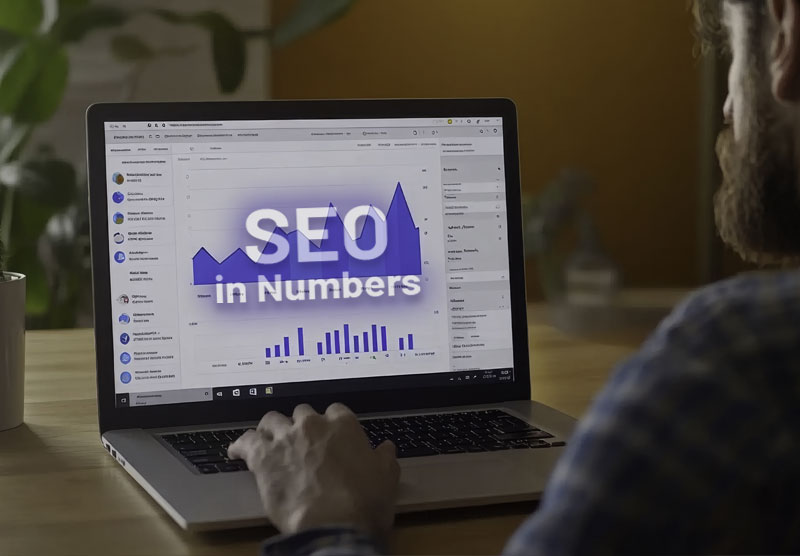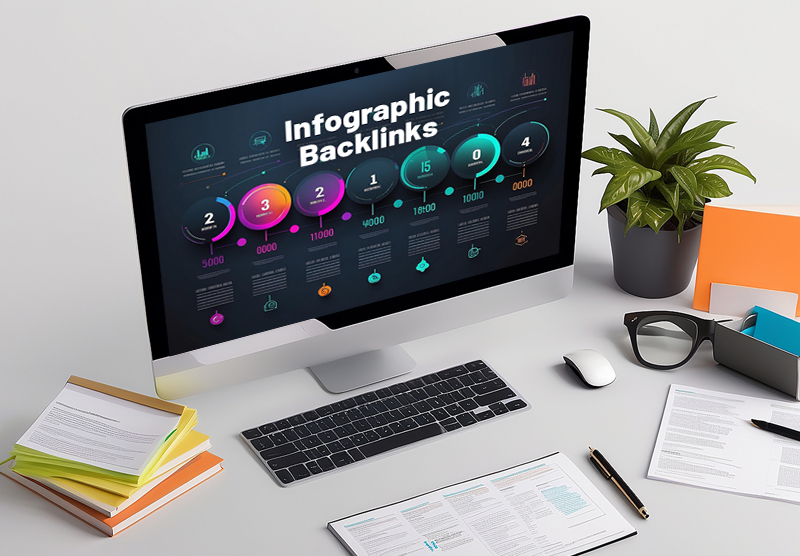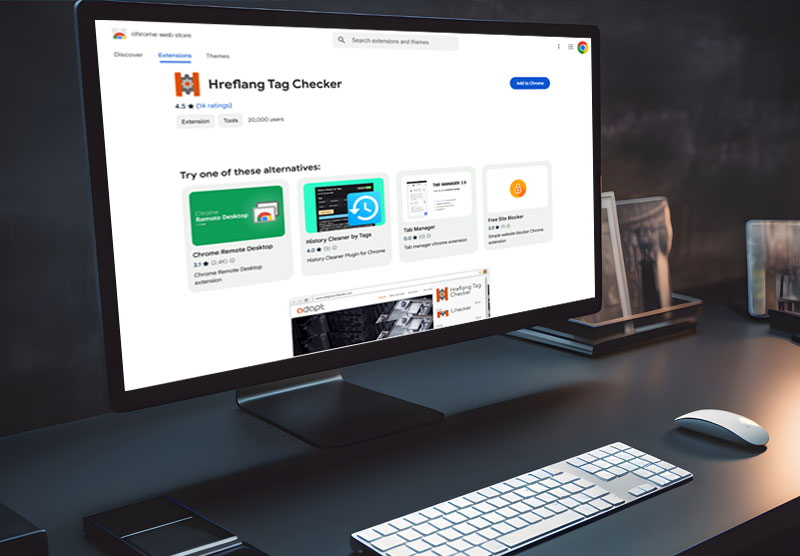Wa’ed Ventures Leads $5M Investment In Saudi Edtech Ynmo, Joined By Qatar Development Bank And Nour Nouf Ventures
Wa’ed Ventures, the $500 million venture capital arm of Aramco, announced leading the $5 million investment in YNMO, a Saudi company revolutionizing the educational and rehabilitative technology for children, including those with disabilities. The funding round also included participation from Qatar Development Bank (QDB) and Nour Nouf Ventures, a fund focused on impact-driven startups.
With this investment, Ynmo plans to expand its services and introduce new features aimed at improving support for children with disabilities and enhancing their access to early childhood services. The company also aims to strengthen its partnerships with governmental, educational, and rehabilitative institutions across the Gulf region.
Founded in 2017 by Dr. Fahad Al-Nemary, Dr. Abdullah Murad, and Dr. Faisal Al-Nemary, Ynmo provides an integrated platform for organizing services for children with disabilities and their families. Ynmo enables specialists to develop advanced rehabilitation and educational programs based on best practices supported by AI technology. It also allows parents to access support and consultations through a large network of specialists in behavioral therapy, speech and language therapy, and psychological therapy.
Eng. Anas Al-Qahtani, Acting CEO of Wa’ed Ventures, stated: “Ynmo represents an outstanding impact-driven platform that leverages technological advancements to deliver high-quality educational and rehabilitative services. We are excited to collaborate with the team and drive meaningful change in the region by fostering an inclusive environment for children with disabilities.”
Mohammed Al Emadi, Acting Executive Director of Investment & Incubation of Qatar Development Bank, added: “We believe that technology plays a powerful role in improving access to educational content and enhancing the learning experience for the targeted beneficiaries of this product. Our support for this sector aligns closely with the clusters and sectors targeted under Qatar’s Third National Development Strategy 2024–2030. Moreover, our investment in Ynmo reflects Qatar Development Bank’s goals of fostering innovation, driving expansion within Qatar, and establishing a center for the company’s operations in the country.”
HH prince Salmanbin Faissal AlSaud, Executive Board Member atNour Nouf Ventures stated, “Investing in Ynmo is an investment in a brighter, more inclusive future for children with disabilities. Their solution represents a fundamental shift in how we think about educational and rehabilitative access, and I am thrilled to support their mission of creating equitable learning environments across the region.”
Dr. Fahad Al-Nemary, co-founder and CEO of Ynmo, expressed gratitude for the support of investors and partners who have helped enhance Ynmo’s impact from day one. “This funding will accelerate our mission to improve services for children with disabilities. Together, we are committed to creating a future where every child, regardless of their abilities, has the right to quality education and support.”









